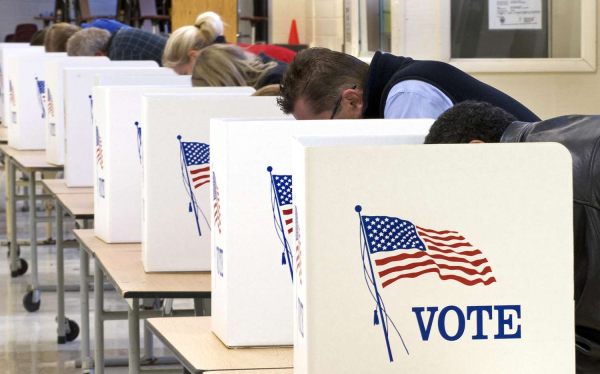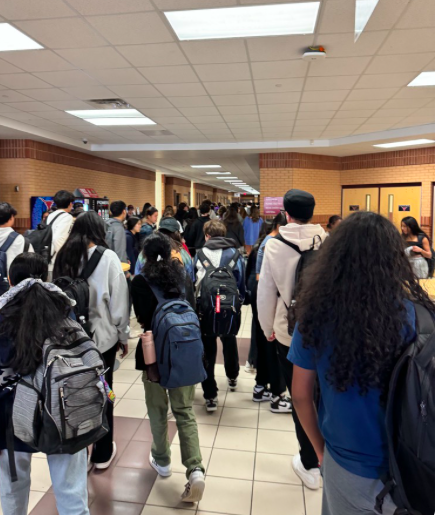26.7% of Lambert’s Students could Succumb to Failure

At what grade are you failing your personal educational goals?
While stuck in the American school system, students have defined the term “failure” to fit within their own lives. Whether their definition of the word symbolizes a grade percentage or an overall sense of defeat, the thought of failing in a student’s mind can be very negative.
Lambert High School Freshman, Shanthi Hedge, describes failure as “when you can’t get up when you have fallen down.” The feeling of helplessness from failure can affect the way your mind subconsciously acts, often driving your brain to completely shut down and create a sense of disappointment within you.
According to Professor Martin Covington, professor at The University of California, there are four types of students when it comes to failure: students that learn for the sake of learning, students who avoid failing at all costs out of fear, students that don’t expect to succeed, but don’t want to fail, and the students have accepted failure and given up on success.
Another student at Lambert describes failing as “not doing the best they can do,” and they are certain that they can overcome their failure.
Sruthi Medicherla, a Lambert senior, appears to be a student that learns for the sake of learning. She “prefers to study in order to learn about her favorite subjects: science, healthcare CTAE, world language, and history.” Additionally, Sruthi feels that learning these subjects helps her become prepared for college, especially because of the AP courses she’s taking. Professor Covington stated that “by making our self-worth contingent on categories such as academic success, appearance or popularity, we fail to value ourselves solely for the fact that we are human beings.” Students have the ability to overcome their failure, but a fraction of them are held back by it.
73.3% of the Lambert population believes that they can overcome their failures. This shows how our school system can react to certain things. If a false school-wide exam created to have everyone fail was released, only 73.3% would learn from it and continue to strive for success. The other percentage of the school would continue to fail on later exams.
Failure has the opportunity to suppress your drive for educational growth, but it can also push students to work harder and better. The only thing that can stop a student from learning is their decision to persevere or not.
Your donation will help support The Lambert Post, Lambert High Schools student-run newspaper! Your contribution will allow us to purchase equipment and cover website hosting costs.















Bonnie Espy • Sep 13, 2017 at 11:20 am
Great article! This was very informative and well-researched.